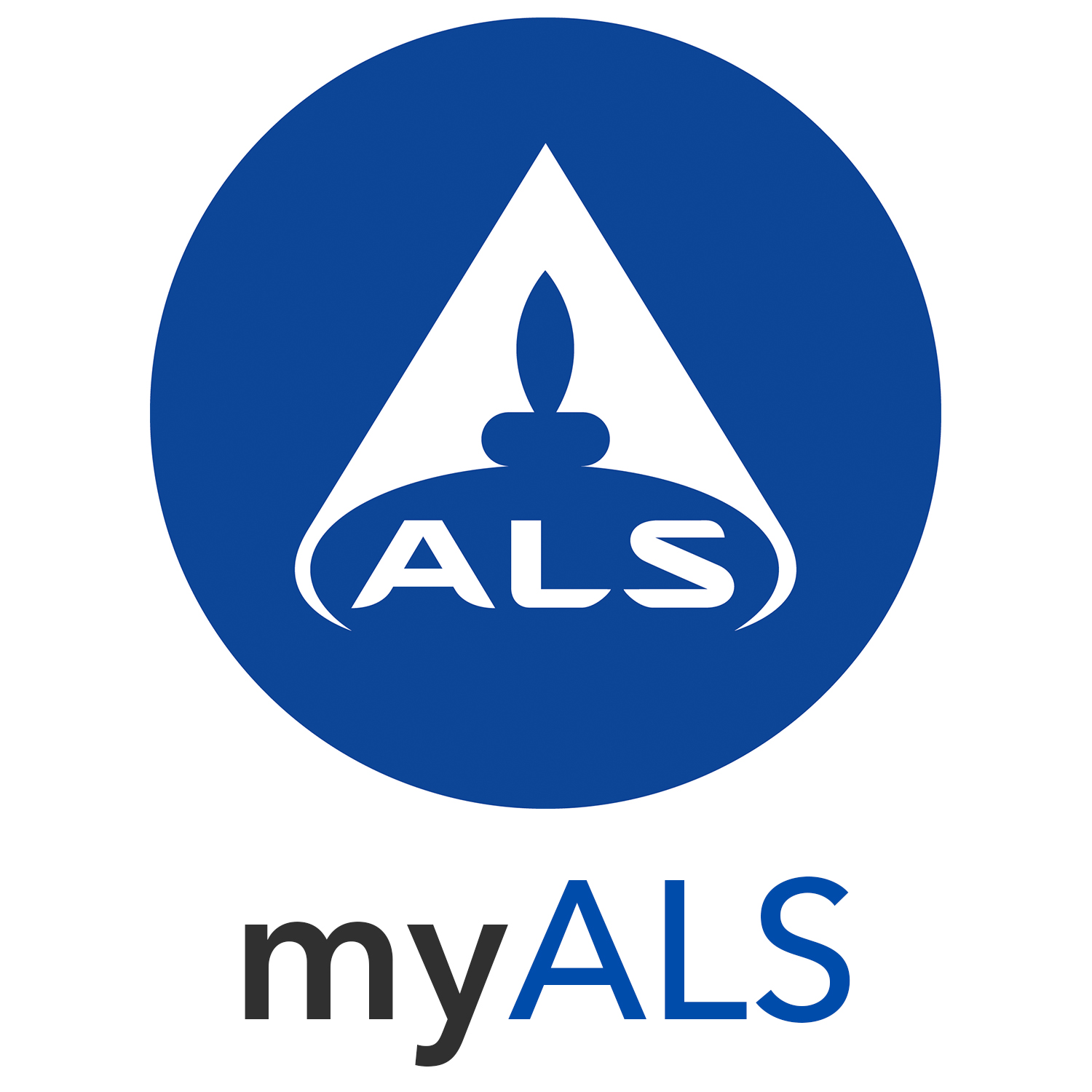NDMA Analysis Added to ALS Portfolio
May 6, 2014
When testing Public and Private Water supplies there is a potential requirement to analyse your samples for N-nitrosodimethylamine (NDMA). NDMA has been identified by research studies as a potential chemical concern to drinking water and a potential hazard to the local environment. Using state of the art instrumentation ALS Environmental are able to offer an ultra-trace level analysis for NDMA at a level of 0.5ng/L (parts per trillion).
NDMA is an extremely toxic chemical and a suspected human carcinogen; also known as Dimethylnitrosamine or DMN it is a semi volatile organic compound. NDMA is an industrial waste product which first came to attention as a groundwater contaminant in California during 1998/1999 at several sites that produced rocket fuel.
The United States Environmental Protection Agency (USEPA) has determined that permissible concentrations of NDMA in drinking water are low and has set drinking water limits at 0.7ng/l. Some US states have set limits even lower with the risk level set as low as 0.42ng/l. The Drinking Water Inspectorate (DWI) have set a trigger limit of 10ng/l in drinking water in the UK. ALS Environmental are able to provide NDMA analysis with a limit of detection of 0.5ng/l from our analytical laboratory in Coventry to ensure we are compliant with the DWI requirements.
NDMA is soluble in water and can be produced at potential harmful levels when wastewater containing organic nitrogen is subjected to chlorination or chloramination. NDMA can also be found at low levels in human consumption, such as: cured meat, fish, beer and tobacco smoke.
John Quick, Principal Scientist at ALS Environmental, who was responsible for the development and validation of our NDMA method comments:
“We have validated a method that has been designed to achieve low limits of detection; these are likely to be required for drinking, desalination, recycled or catchment water monitoring samples. Due to its small molecular size NDMA is extremely difficult to remove by filtration and does not readily adsorb, volatilise or biodegrade. We are able to monitor NDMA in groundwater and waste water however higher limits of detection may apply due to potential matrix interference”.
To download our NDMA datasheet please click here.
ALS Environmental hold Drinking Water Testing Specification (DWTS) accreditation for the analysis of standard Drinking Water parameters and have a dedicated laboratory for Public and Private Water supply analysis at our laboratory in Wakefield, Yorkshire. ALS Environmental are one of a limited number of laboratories that hold DWTS accreditation, in addition to UKAS ISO EN 17025:2005 accreditation. The Drinking Water Inspectorate (DWi) website contains a list of DWTS approved laboratories for England and Wales.
If you would like to discuss your analytical testing requirements then please contact the ALS customer service department via e-mail or call us on 02476 421213 and we will be happy to discuss your NDMA testing requirements.


